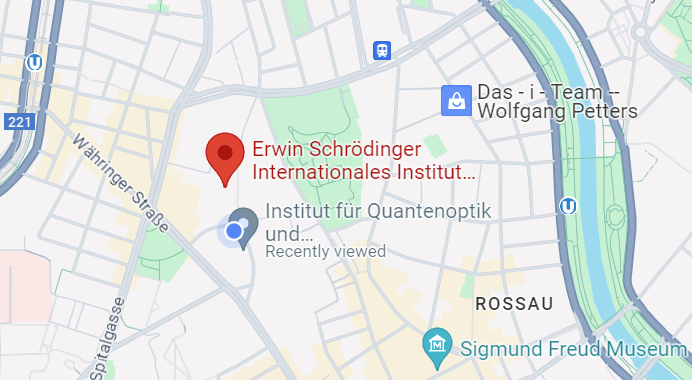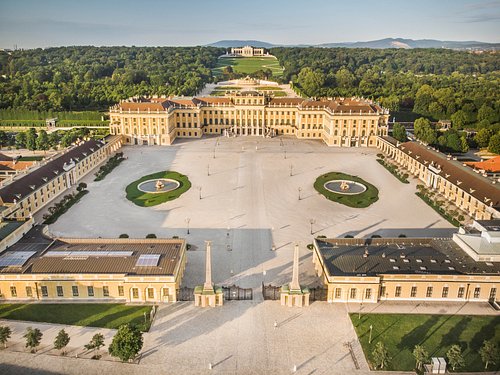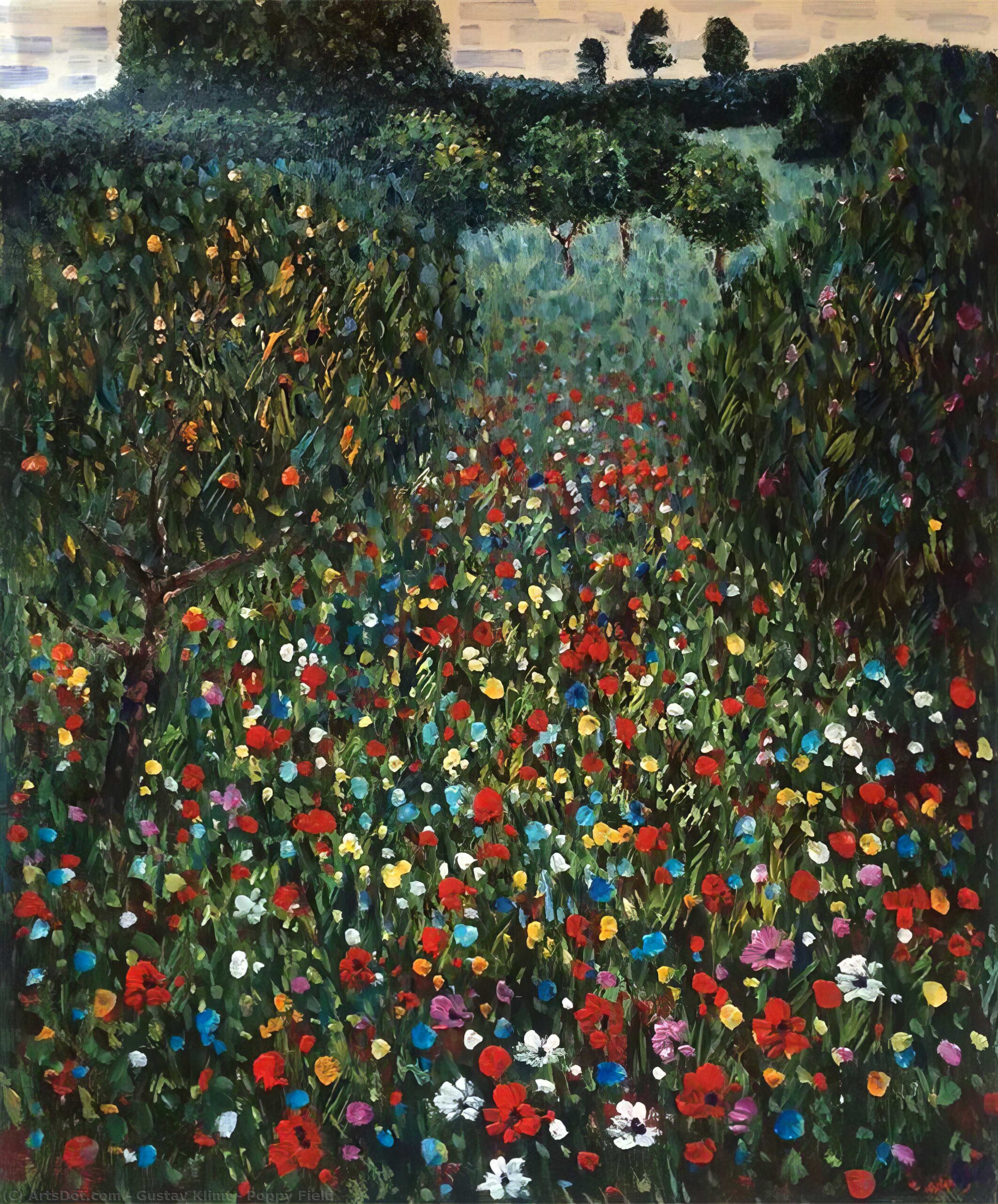
Foundations of Quantum Statistics 2024
September 19-20
Systems of identical quantum particles exhibit non-classical particle statistics, which is normally categorized into two types: bosonic and fermionic. This classification is established either through the symmetrization postulate or through (anti)commutation constraints on creation and annihilation operators. Despite its centrality in the application of quantum theory, foundational understanding of quantum statistics remains elusive, triggering continuous debate since the advent of quantum mechanics. This workshop brings together experts from quantum foundations, quantum information, mathematical physics, and philosophy of physics who are approaching the vexing question of the origin and meaning of the quantum rules for handling identical particles from a variety of different theoretical and conceptual standpoints. A key goal of the workshop is to stimulate collaborative reflection on the relationship between these different approaches and on the implications of the newly-developed perspectives of the origin of quantum statistics—for example, the implications for the nature of entanglement in identical particle systems.
“It seems to us, however, that no completely satisfactory discussion on the consequences of indistinguishability, in the context of non relativistic quantum mechanics, has emerged so far.”
On the Theory of Identical Particles
(J. M. Leinaas, J. Myrheim; 1976)
Speakers
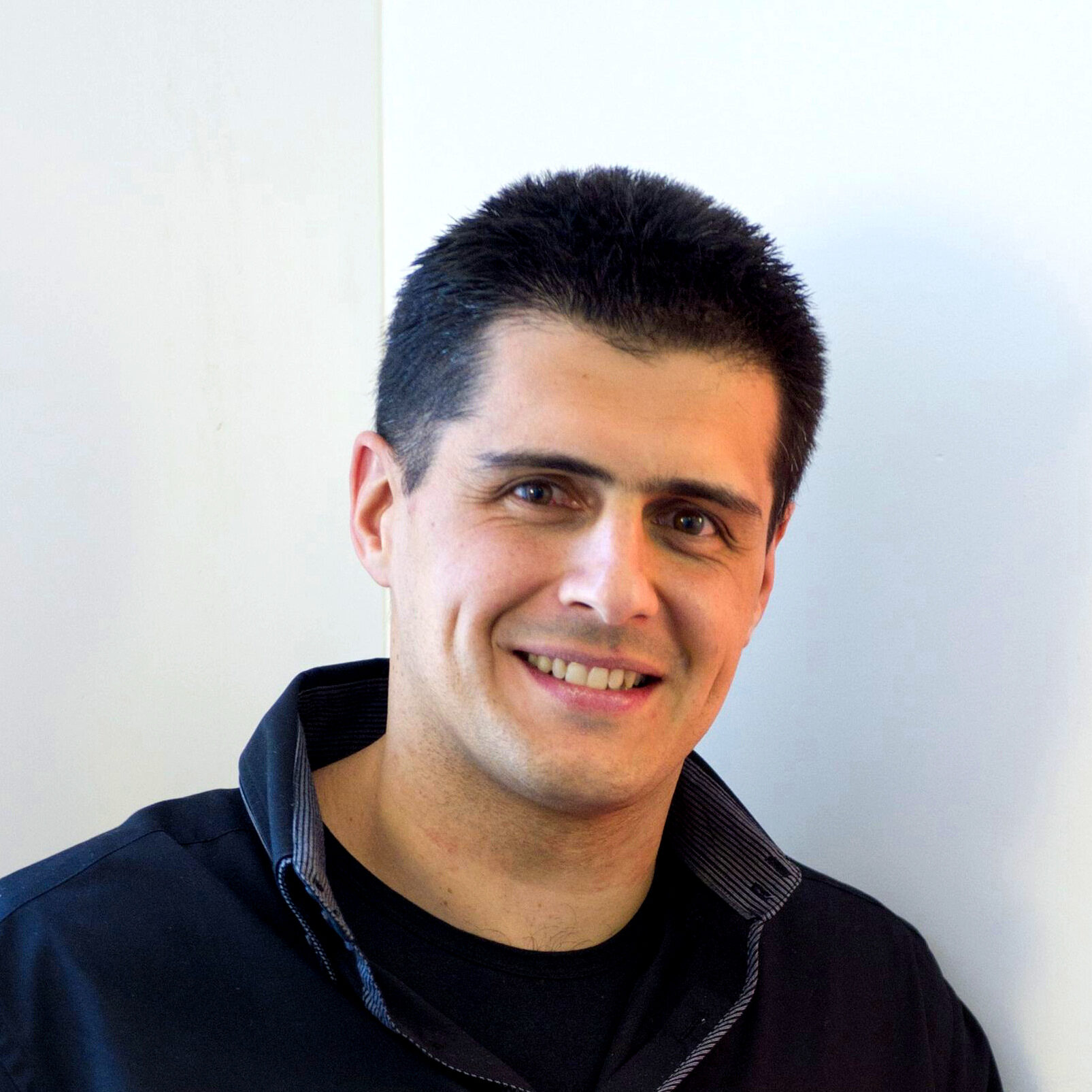
Gerardo Adesso
University of Nottingham
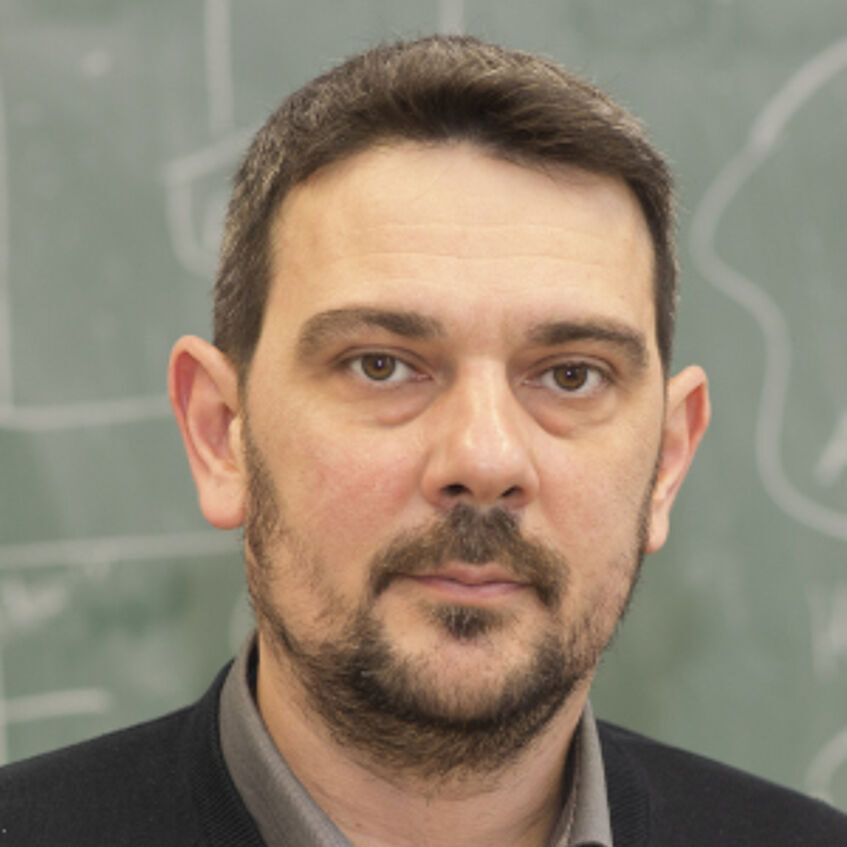
Borivoje Dakić
University of Vienna
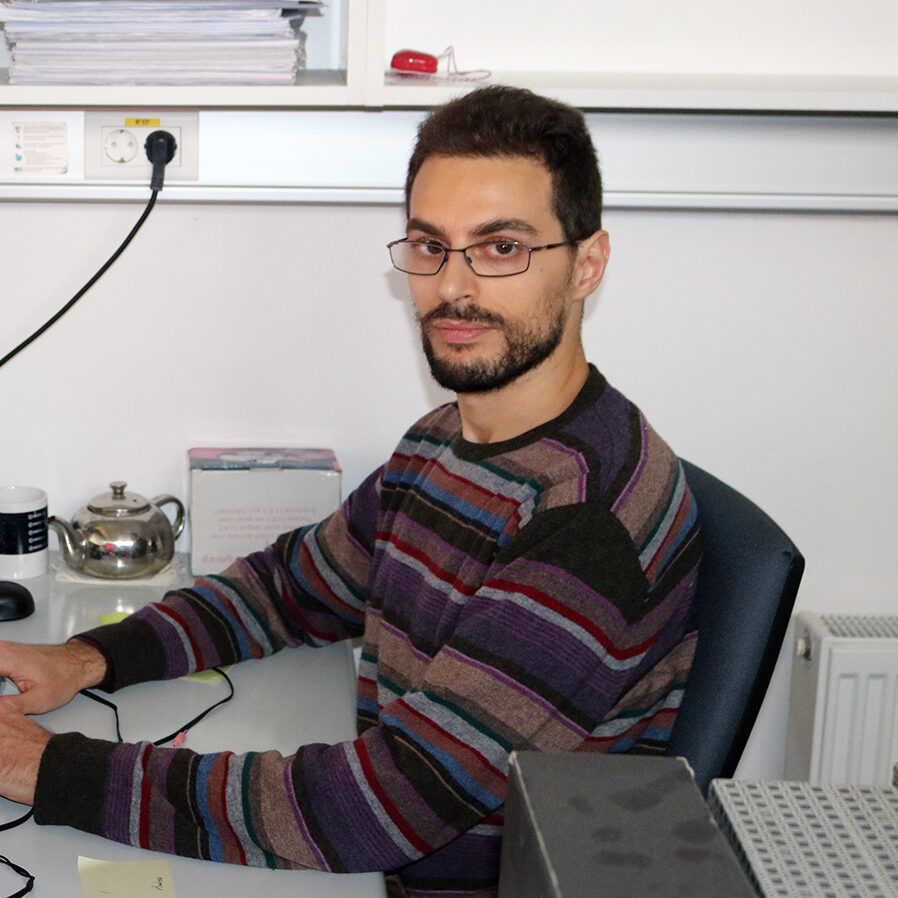
Ugo Marzolino
University of Trieste
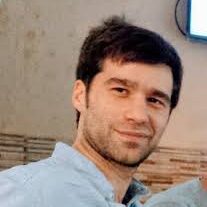
Pablo Arrighi
Université Paris-Saclay
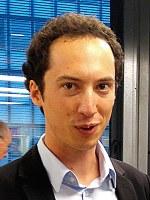
Gabriel Dufour
University of Freiburg
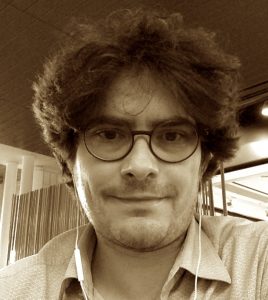
Paolo Perinotti
Pavia University
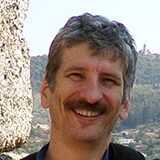
Tomasz Bigaj
University of Warsaw
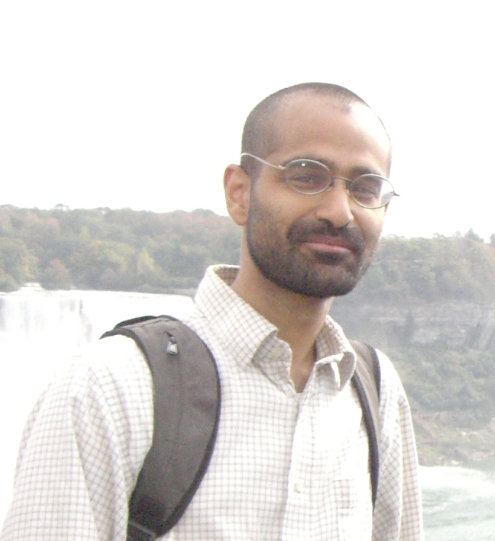
Philip Goyal
University at Albany
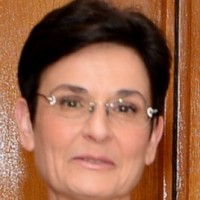
Neli Stoilova
Bulgarian Academy of Sciences
Organizers

Borivoje Dakić
University of Vienna
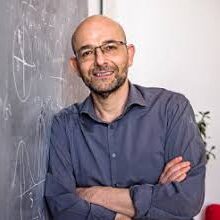
Časlav Brukner
University of Vienna

Philip Goyal
University at Albany

Miguel Navascués
IQOQI, ÖAW
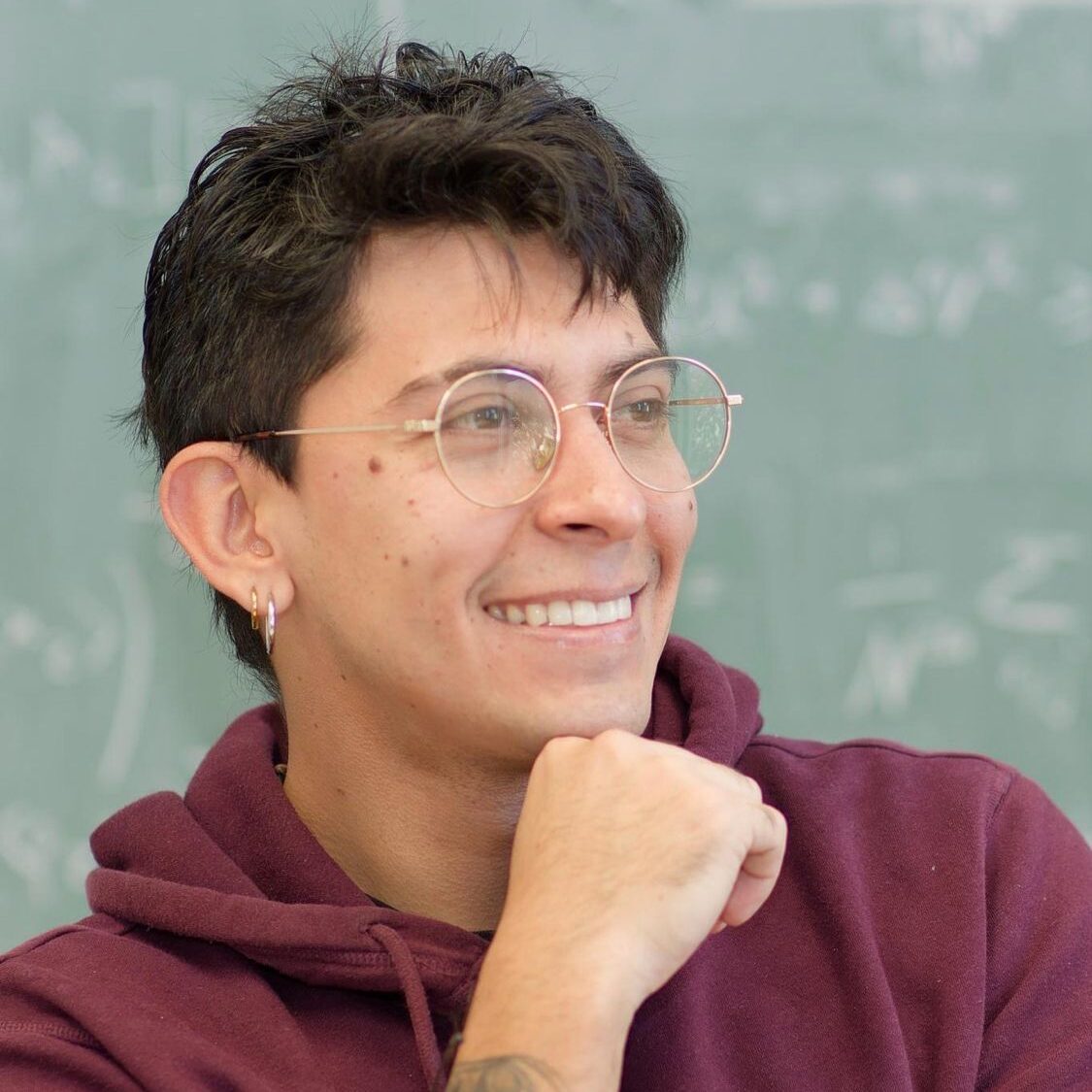
Nicolas Medina
University of Vienna

Markus Müller
IQOQI, ÖAW
